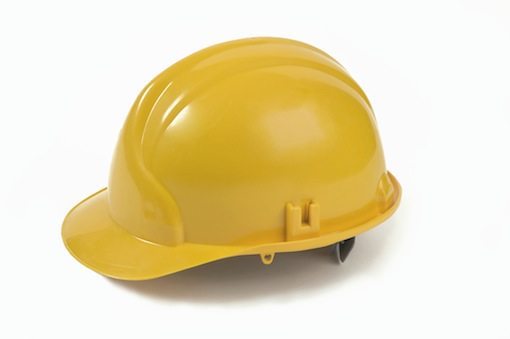
The new study suggests that people’s jobs may predispose them to unhealthy sleep patterns that could detrimentally affect their health. The findings go against the concept that physical activity tends to be good for sleep.
Researchers examined sleep patterns and job classifications for more than 17,000 study participants. Job activity was classified as low (mostly sitting or standing), moderate (mostly walking) or high (mostly manual labor). Those working moderate-activity jobs, such as postal employees, were more likely to be short sleepers and long sleepers, and those working high-activity jobs, such as construction workers, were more likely to be short sleepers.
According to the research team, possible explanations for the findings include the higher demands of the job require longer hours (not allowing for a full night of sleep), job-related stress is keeping people up at night and the physical demands of the job are causing people to stay awake.
The study was presented June 3 at Sleep 2013, the annual meeting of the Associated Professional Sleep Societies in Baltimore.




